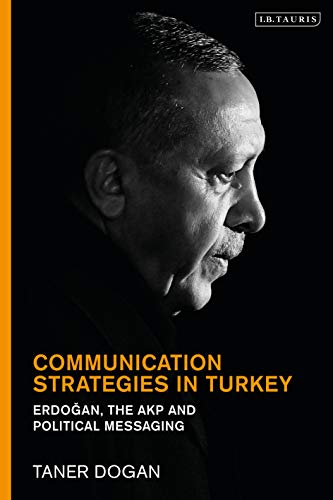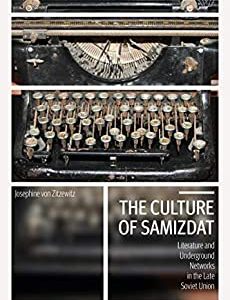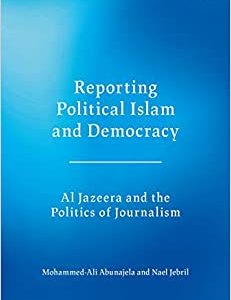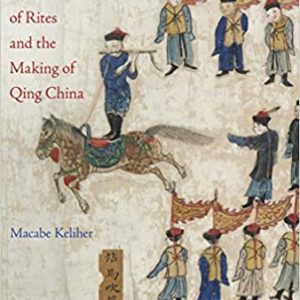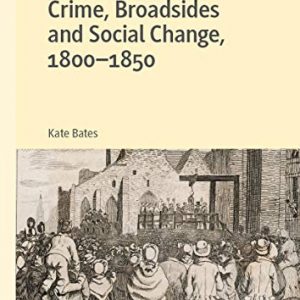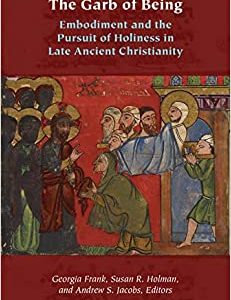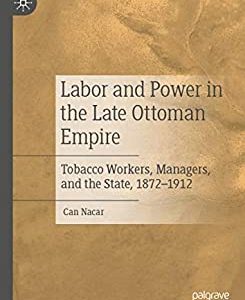The Turkish President Recep Tayyip Erdogan is known for his populist Islamist ideology, charismatic personality, and for ushering in new forms of communication strategies in Turkey. The key tools in Erdogan's political communication repertoire include religious, cultural and historic symbols and imagery. From engaging Israel to the Gezi Park protests, from the Arab uprisings to the July 2016 coup attempt, every key moment in Turkey's recent history has heralded a change in Erdogan's rhetoric.
Communication Strategies in Turkey examines the transformation of political messaging that has taken place within the Justice and Development Party (AKP) under Erdogan. Using quantitative and qualitative analysis of in-depth interviews with high profile AKP officials, observations at AKP rallies and headquarters, and analysis of Erdogan's speeches from 2002 to 2019, the book shows how his method of communication changed over time to prioritise a “New Turkey” to replace Atatürk and his legacy.
Communication Strategies in Turkey examines the transformation of political messaging that has taken place within the Justice and Development Party (AKP) under Erdogan. Using quantitative and qualitative analysis of in-depth interviews with high profile AKP officials, observations at AKP rallies and headquarters, and analysis of Erdogan's speeches from 2002 to 2019, the book shows how his method of communication changed over time to prioritise a “New Turkey” to replace Atatürk and his legacy.

